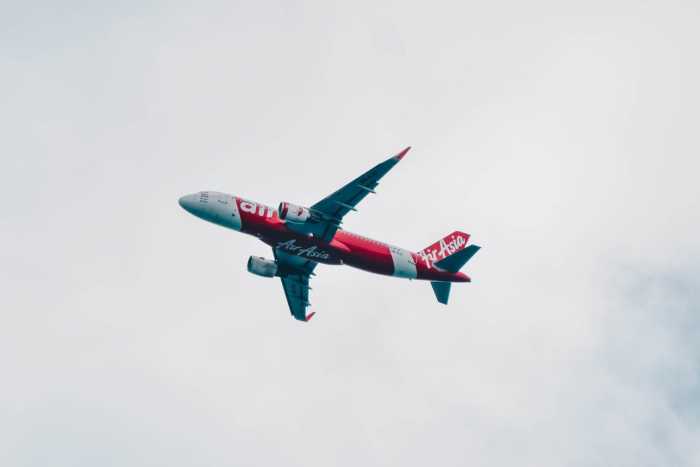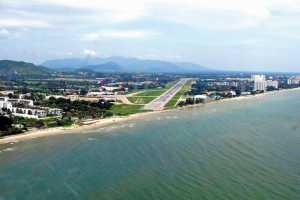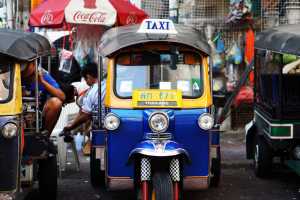
Thai Pilot Shortage Dilemma for Domestic Carriers
5th Feb 2013

Thailand-based carriers are required to employ Thai nationals for the majority, if not all, of their cockpit crew, this according to decades-old rule.
This is something Orient Thai Airlines missed to observe resulting to the penalty it received from the Civil Aviation Department. The penalty carries a fine of 500,000 baht maximum and risking its application for network expansion gets rejected.
No airlines want to defy the rule but finding qualified Thai pilots seems to be a real challenge for them.
Industry observers note that even if there are qualified Thai pilots who are capable of flying modern and the most common aircraft used by Thai airlines today such as the B747s and A320s, they are not easily available to local operators as many of them look overseas for better compensation. Gulf-based carriers are often the most attractive to foreign pilots as they are more financially strong than most.
Local carriers are also having a hard time hiring veteran Thai pilots to the extent of accusing each other of piracy when a pilot leaves for its rivals.
Moreover, the country is slow in producing enough commercial pilots with significant flying experience to be able to fly wide-body aircraft or jets. The aviation industry in Thailand is growing and coping up with the growth means the employment of new pilots with enough flying skills.
It is no denying that local carriers want to hire local pilots as a cost-saving measure. Foreign-based pilots flying commercial planes would usually cost 30% more than their local counterparts. A foreign pilot flying a less-common equipment such as a Gulfstream V, for instance, normally gets three times over than his Thai counterpart.
The fact is most Thai air carriers are looking for highly-skilled pilots regardless of their countries of origin. This is important because safety in flight is an utmost concern for most airlines.
Orient Thai has lost a little more than two dozens of its Thai pilots over a four-year period. As a result, the majority of its pilots today are composed of foreigners, numbering between 60 and 70. There are only 5 remaining pilots of Thai origin in its pool. The carrier has been penalized by the Civil Aviation Department three times over for its failure to comply with the rule.
Thai Orient mainly operates scheduled domestic services and charter services to regional destinations.
The government stipulates that Thai carriers should reserve Thai nationals in all its departments including the plane's cockpit. If unable to do so at once, they are permitted to gradually increase the number of local pilots until they reach the required percentage.
For most Thai carriers, however, safety in flight is more important than the penalty imposed against them. Thus, they continue to employ foreign pilots as long as they couldn't find qualified local pilots.









